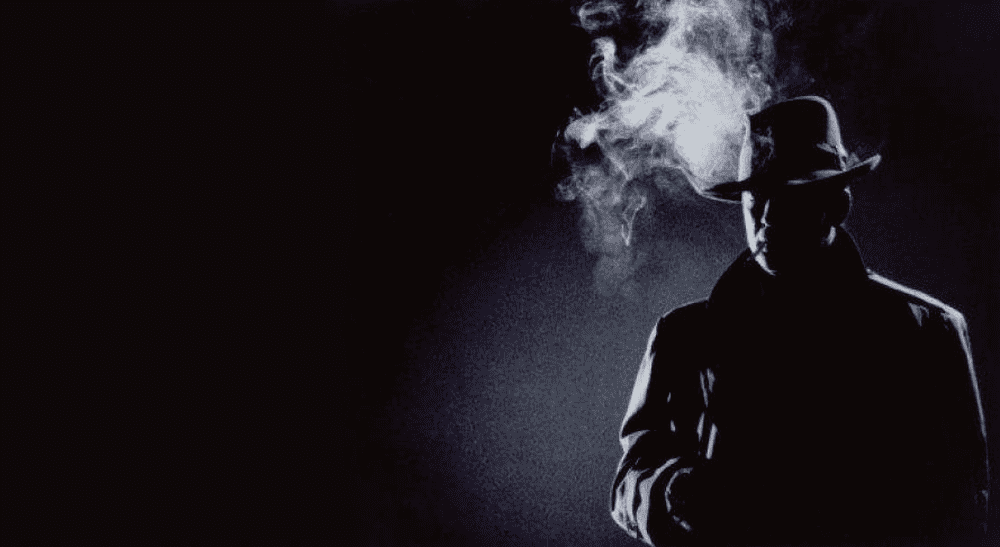Attorney Cecil Nolan decided to use undercover services to gather evidence in a copyright infringement case. The P. I.s didn’t abide by regulations.
The use of private investigators in courtroom sagas is fairly commonplace. So is the misuse of investigators. P. I.s are often brought in when it would be otherwise difficult, if not impossible for an attorney or law enforcement agent to gather information by disclosing their credentials. Private investigators can pose as laymen, making it more likely to get an objective reaction from individuals being interviewed. They are most often used for divorce and custody battles, spying on a business’s competitors, ensuring a product’s copyright is being upheld, and in matters involving cheating spouses. These services are solicited when delivering a subpoena for information will only raise red flags.

Arkansas attorney Cecil Duff Nolan thought nothing of soliciting the services of his investigators to pose as customers and gather evidence in a potential copyright infringement case. Nolan’s client had accused a company of stealing his ideas and marketing his intellectual property in their products. Nolan filed a copyright infringement case on behalf of his client based on the allegations and decided to use undercover services to gather evidence.
However, there are certain rules around what investigators can and cannot do, and these rules can get dicey. Licensed P. I.’s cannot use deceptive practices to lure interviewees into disclosing information. They are required in most states to let the individuals know they are, in fact, investigators, although they do not necessarily need to disclose further information. If investigators choose to record events, privacy laws come into play, and there is a lot of gray area that needs to be considered. If an investigator’s actions violate the law, not only will such recordings not be admissible in court, but the client and the investigator open themselves up to potential criminal felony charges.

Nolan’s investigators failed to act in line with legal standards in the copyright case. They made false statements to the firm’s employees which forced the individuals into providing information about the products they may not have otherwise shared and they taped the conversations unbeknownst to these individuals. Audio tape recording without the consent of those who voices are captured is against the law in the state of South Carolina. “Secret tape-recording, pre-texting and dissembling [are] in violation of the South Carolina Rules of Professional Conduct” according to the opinion. Nolan claimed he was not aware of this. However, the opinion asserts, “He acknowledges that it was incumbent upon him to research the law in South Carolina before sending his investigators to this state”, therefore, making Nolan’s ignorance to the law inexcusable.
According to the opinion, “[Nolan] admits that the conduct of the investigators in secretly tape-recording the conversations with the defendant’s employees, posing as the defendant’s customers, and coercing and manipulating the defendant’s employees” is conduct which violates South Carolina’s code of professional conduct. The opinion further states, “in representing client, lawyer shall not use means that have no substantial purpose other than to embarrass, delay, or burden third person, or use methods of obtaining evidence that violate the legal rights of third person” and concludes, “We find respondent’s misconduct warrants a public reprimand. Accordingly, we accept the Agreement and publicly reprimand respondent for his misconduct.”
Sources:
Arkansas lawyer is reprimanded over use of private investigators who misrepresented themselves


Join the conversation!